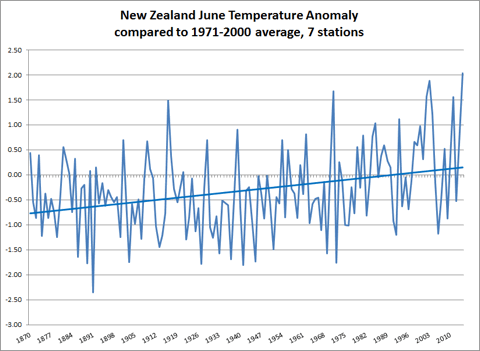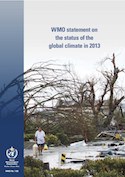 What can I add to the millions of words in dozens of languages that have already been written by the thousands of journalists and commentators around the Paris Agreement? We now have a globally binding agreement that really looks like it could curtail the use of a fuel that has been central to our way of life for more than 150 years.
What can I add to the millions of words in dozens of languages that have already been written by the thousands of journalists and commentators around the Paris Agreement? We now have a globally binding agreement that really looks like it could curtail the use of a fuel that has been central to our way of life for more than 150 years.
Of course, if we’d managed to actually make deep cuts in emissions 25 years ago, getting governments to limit warming to 1.5 degrees would have been an awful prospect – who would want that much warming. When I started working on this, it might have been possible to have no warming at all.
And if industrialised countries had actually made deep cuts in emissions when they said they would, would we even be having an argument about equity? Hindsight is a wonderful thing, but let’s look forward here. What’s in this agreement?

 New Zealand’s leading business media outfit — the
New Zealand’s leading business media outfit — the 


 The World Meteorological Organisation’s (WMO) state of the climate report for 2013 was released on Sunday (
The World Meteorological Organisation’s (WMO) state of the climate report for 2013 was released on Sunday (
You must be logged in to post a comment.